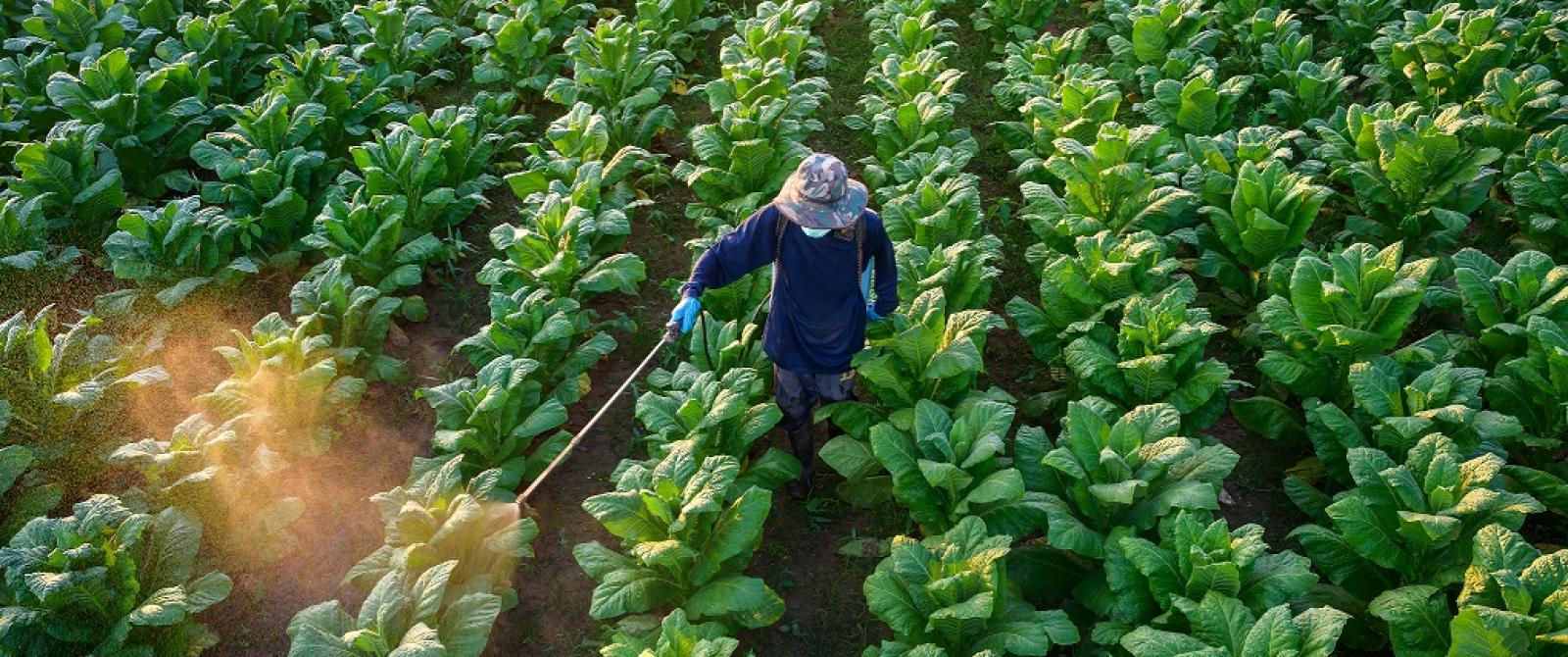
- Posted on :
Date: Thursday, 4 May 2023
Time: 14:00 hrs, Sao Paulo time; 17:00, GMT; 13:00, ET
Registration: Please, access through this link.
Interpretation: Simultaneous interpretation will be available in English, French, Spanish and Portuguese.
This webinar is organized by the WHO FCTC Knowledge Hub for Articles 17 and 18 – hosted by the Center for Studies on Tobacco or Health of the Sérgio Arouca National School of Public Health (CETAB/Fiocruz) – and by Action on Smoking and Health (ASH).
From cultivation to consumption, tobacco production is related to problems such as deforestation and soil and water pollution. Workers involved in tobacco farming are exposed to several health risks – among them, the Green Tobacco Sickness, a type of poisoning caused by the transdermal absorption of nicotine from the surface of wet tobacco plants.
The WHO FCTC contains an article to deal with these issues: Article 18, which refers to the protection of the environment and people's health in relation to the environment in respect of tobacco cultivation and manufacture. "Expanding the implementation of this article is essential for us to reduce the harm caused by tobacco production and consumption", says Marcelo Moreno, the coordinator of the Knowledge Hub and a researcher at CETAB.
The webinar will be important to address these problems as violations of human rights."“Human rights are thought of as a set of inalienable rights, such as the right to life, to health, and to a healthy environment. When we think of this definition in relation to the tobacco production chain, we see that there is a clash between the application of human rights and the intrinsic rules of this production process. Exposing such contradictions makes us seek real changes: how do we deal with violations that occur in the tobacco production chain? With this discussion, we can point out the problems and think of ways to overcome them", explains Breno Gaspar, CETAB researcher and organizer of the event.
The event will feature lectures by Maria Juliana Moura Corrêa, director of the Department of Environmental and Workers Health Surveillance of the Brazilian Ministry of Health; Carolyn Dressler, Action on Smoking & Health (ASH) Board Member; and Brenda Chitindi, from the Tobacco-Free Association of Zambia (TOFAZA).
For more information, contact the Knowledge Center at kh.cetab@fiocruz.br, or on its social media, available at its website.
